The UK is in pole position in the global race to market for connected and autonomous vehicles (CAVs), according to a report published by the Society of Motor Manufacturers and Traders (SMMT) and Frost & Sullivan.
Connected and Autonomous Vehicles: Winning the Global Race to Market, analyses the wide-ranging societal and effects of gradually increasing CAVs on our roads.
The UK is in a strong position, with more than £500m already committed by industry and government to CAV R&D and testing. Autonomous driving trials are taking place in major towns and cities, and there are four major CAV test beds and three additional sites focused on highways, rural and parking in the UK, with more than 80 collaborative R&D projects under way.
Advanced driver assistance systems (ADAS) such as Autonomous Emergency Braking and Collision Warning are already available on the majority of new cars registered in the UK. The report claims that combined with the gradual introduction of automated vehicles from 2021, this will deliver safety benefits, with more than 47,000 serious accidents and 3,900 lives saved over the next decade.
It also claims 420,000 new jobs will be created, including in the automotive industry and other sectors such as telecoms and digital services, and driving commuters will benefit from smoother traffic flows.
SMMT chief executive Mike Hawes said: “A transport revolution stands before us as we move to self-driving cars and the UK is in pole position in this £62bn race. Government and industry have already invested millions to lay the foundations, and the opportunities are dramatic – new jobs, economic growth and improvements across society. The UK’s potential is clear. We are ahead of many rival nations but to realise these benefits we must move fast.
“Brexit has undermined our global reputation for political stability and it continues to devour valuable time and investment. We need the deadlock broken with ‘no deal’ categorically ruled out and a future relationship agreed that reflects the integrated nature of our industry and delivers frictionless trade.”
Sarwant Singh, senior partner and head of mobility, Frost & Sullivan, commented: “The UK already has the essential building blocks – forward thinking legislation, advanced technology infrastructure, a highly skilled labour force, and a tech savvy customer base – to spearhead CAV deployment over the next decade. However, it will require sustained and coordinated efforts by all key stakeholders, especially the government, to realise the significant annual economic benefits forecast for the UK from CAV deployment by 2030 and drive the vision of safe, convenient and accessible mobility for all.”


























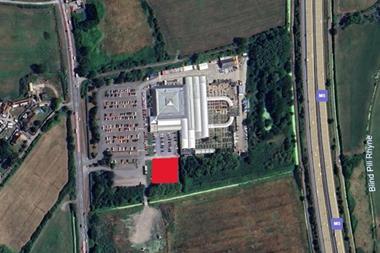


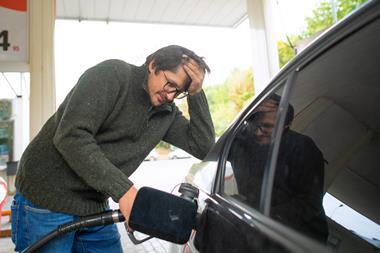
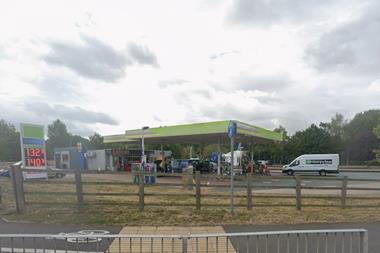
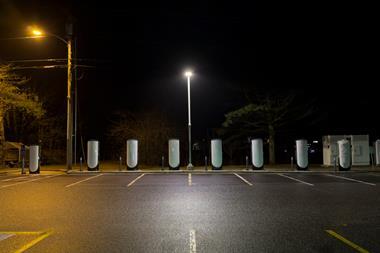
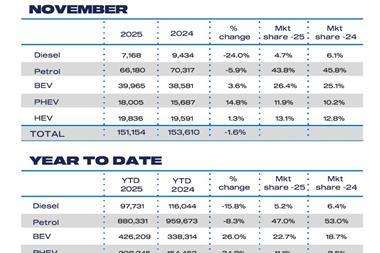
No comments yet